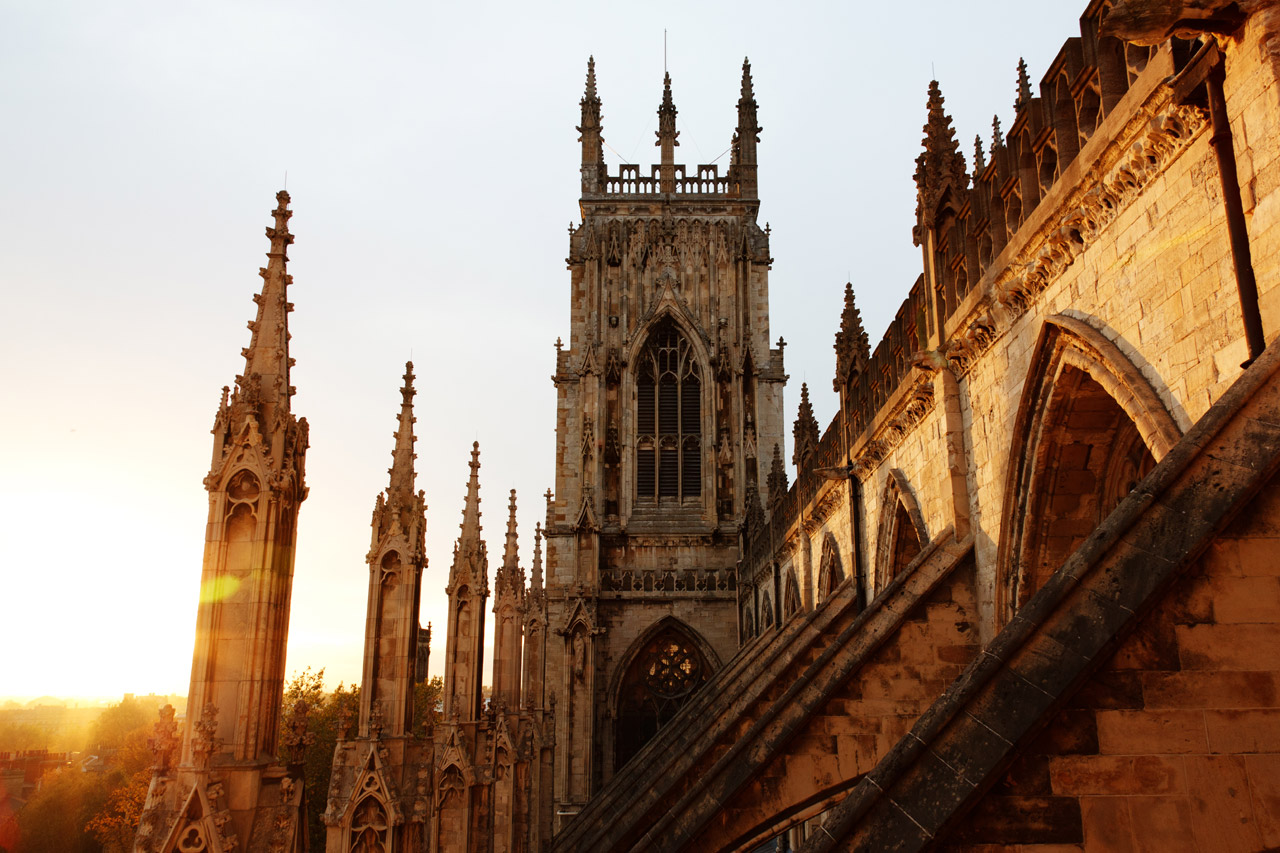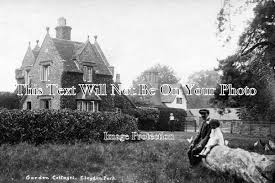
Introduction
The Eritrean community in the United Kingdom has grown substantially over the past few decades, reflecting broader migration trends and the search for better opportunities among Eritreans.
This community not only enriches the cultural landscape of the UK but also faces unique challenges related to integration and cultural preservation.
Background of Eritrea
Eritrea, located in the Horn of Africa, has a complex history characterized by a long struggle for independence from Ethiopia, which it gained in 1993. Since then, Eritrea has been facing political and economic difficulties, prompting many Eritreans to seek refuge and opportunities abroad.
Eritrean Migration to the UK
Recent reports indicate that the UK is home to an estimated 100,000 Eritreans, making significant contributions to various sectors such as healthcare, education, and business. Key cities with substantial Eritrean populations include London and Sheffield, where community centres and cultural organisations have emerged to support new arrivals.
Many migrants are fleeing indefinite national service, human rights abuses, and economic hardship in Eritrea. The British government’s asylum system has seen a notable number of Eritrean applicants in recent years, attempting to escape oppressive conditions back home.
Cultural Contributions
The Eritrean community actively contributes to British society through cultural festivals, food, and language. Events such as the Eritrean Cultural Festival celebrate the community’s rich heritage, featuring traditional music, dance, and cuisine, allowing both Eritreans and the wider public to engage with their culture.
The establishment of Eritrean restaurants and cafés provides not only a taste of Eritrea but also promotes cultural exchange. Additionally, literature and art from Eritrean authors and artists have started gaining recognition in the UK cultural scene, reflecting their unique perspectives and experiences.
Challenges Faced
Despite their contributions, many Eritreans face challenges in terms of integration and acceptance. Issues such as discrimination, language barriers, and difficulties in securing employment often hinder their ability to thrive in the UK.
Community leaders and NGOs are working to address these challenges by providing resources, such as language classes and employment workshops, to help Eritrean migrants build successful lives.
Conclusion
The Eritrean community in the UK exemplifies resilience and cultural richness, bringing invaluable contributions to British society. As this community continues to grow, it is vital for national policies and local initiatives to support their integration while fostering an environment of acceptance and understanding.
The future of Eritreans in the UK will depend on mutual collaboration, dialogue, and efforts to build inclusive communities that celebrate diversity.
You may also like

The Royal Opera House: A Jewel in London’s Cultural Landscape

Exploring the Historic City of York: A Cultural Gem

Exploring the Wonders of Buckinghamshire
SEARCH
LAST NEWS
- Remembering Wendy Richard: The Promise to Co-Star Natalie Cassidy
- How Did Anglian Water Achieve an ‘Essentials’ Rating for Mental Health Accessibility?
- Shai Hope Leads West Indies in T20 World Cup Clash Against South Africa
- What We Know About Weston McKennie: Future at Juventus and Past at Leeds
- What We Know About the Upcoming Live Nation Antitrust Trial